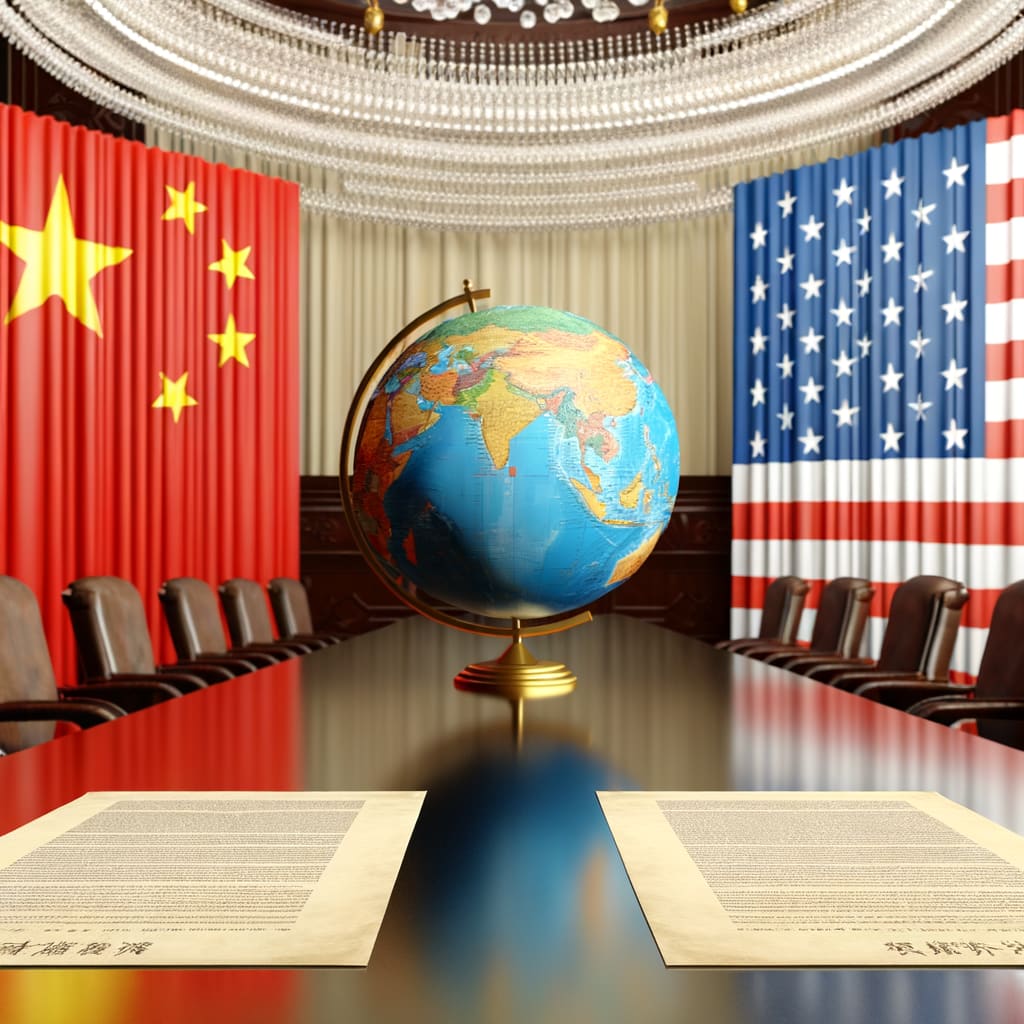The Power Play: China's Display of Dominance and Its Global Implications
In a grand spectacle of military might and diplomatic power, China marked the 80th anniversary of its victory over Japan in the Second World War with a massive military parade in Beijing, attended by the world's political heavyweights, including Russian President Vladimir Putin and North Korea's Kim Jong Un. This display comes amidst rising tensions between China and the U.S., signaling China's readiness to challenge the current U.S.-led world order.
The Grand Display
The military parade showcased China's advanced weaponry, including laser weapons, giant drones, and robot wolves, sending a strong message of defiance to the United States and the rest of the world. The pomp and pageantry of the event were seen by many as China's attempt to assert its place as a global superpower. The presence of Putin and Kim also signaled China's strengthening ties with other anti-western nations.
Xi Jinping, China's president, used the occasion to make a bold and defiant statement. Xi warned that the world is facing a choice of war or peace, presenting China as a key player in shaping the future global structure.
Public Perception and Global Rivalry
While the parade demonstrated China's growing military and diplomatic power, the public perception of China's place in the world order is more nuanced. According to a survey by the Chicago Council on Global Affairs and The Carter Centre, the Chinese public is optimistic about their nation’s future and its growing influence. However, they remain divided on whether the U.S. or China is the greater power.
President Donald Trump accused China of conspiring against the United States, following the military parade. The big question to be answered is whether or not President Xi of China will mention the massive amount of support and ‘blood’ that the United States of America gave to China in order to help it secure its FREEDOM from a very unfriendly foreign invader,
Trump wrote on Truth Social.
Future Implications
China's increasing assertiveness, coupled with its ambitious military and economic plans, has led to heightened tensions with the U.S. and a shift in the global balance of power. As China seeks to take the lead in the new world order, its actions are watched closely by the West.
While the tensions between the two superpowers continue, there's a shared concern that needs immediate attention. The U.S. and China must agree on a trust architecture for A.I. devices, or rogue entities may destabilize these two superpower nations long before they get around to fighting a war.
Conclusion
Whilst the world watches China's impressive display of military power and diplomatic ties with wariness, the Chinese public seems to exhibit a more nuanced view of their nation's place in the world. Despite the escalating tensions and accusations of conspiracy, the future of the global order remains uncertain, with the complex dynamics between China, the U.S., and other major global players yet to play out.

